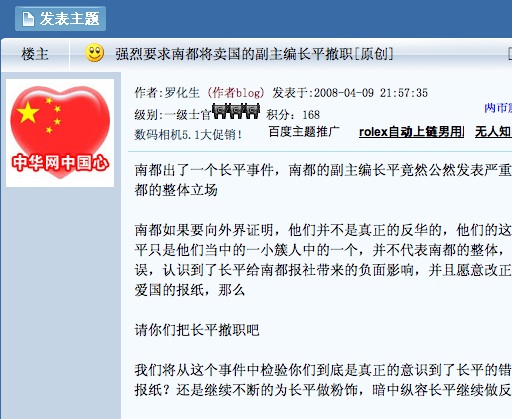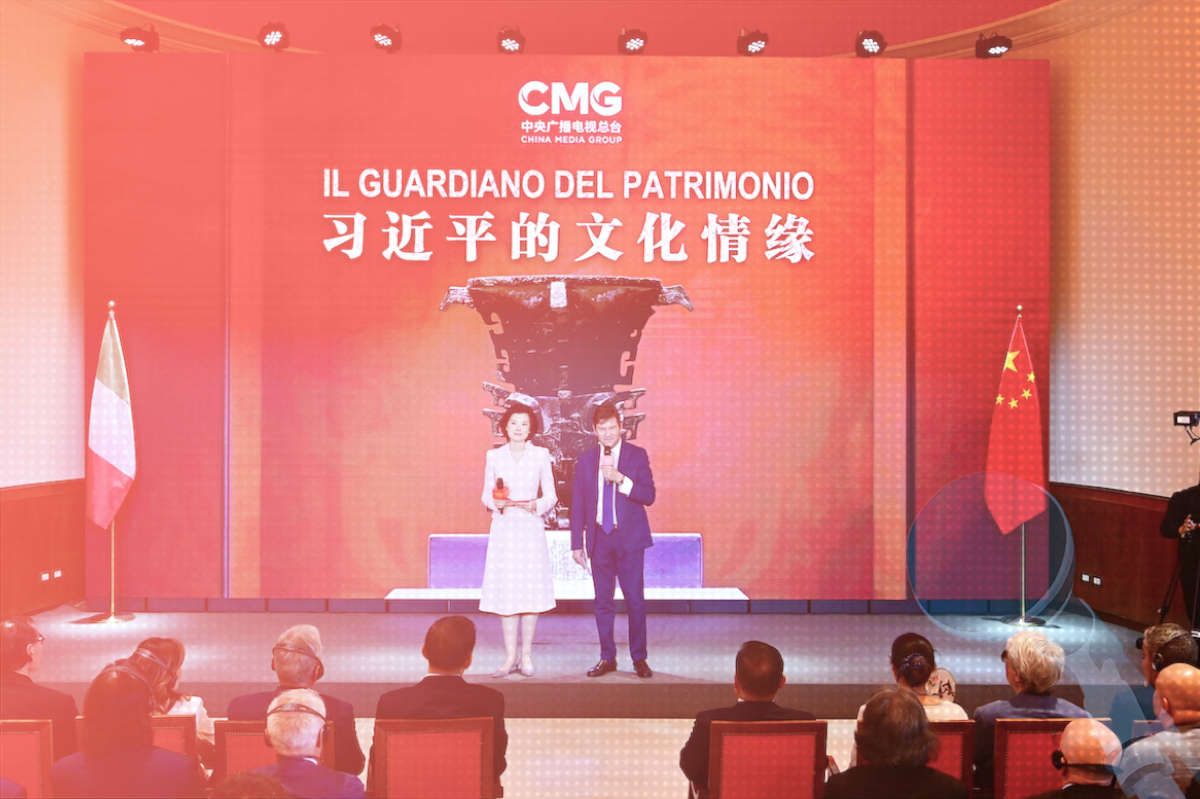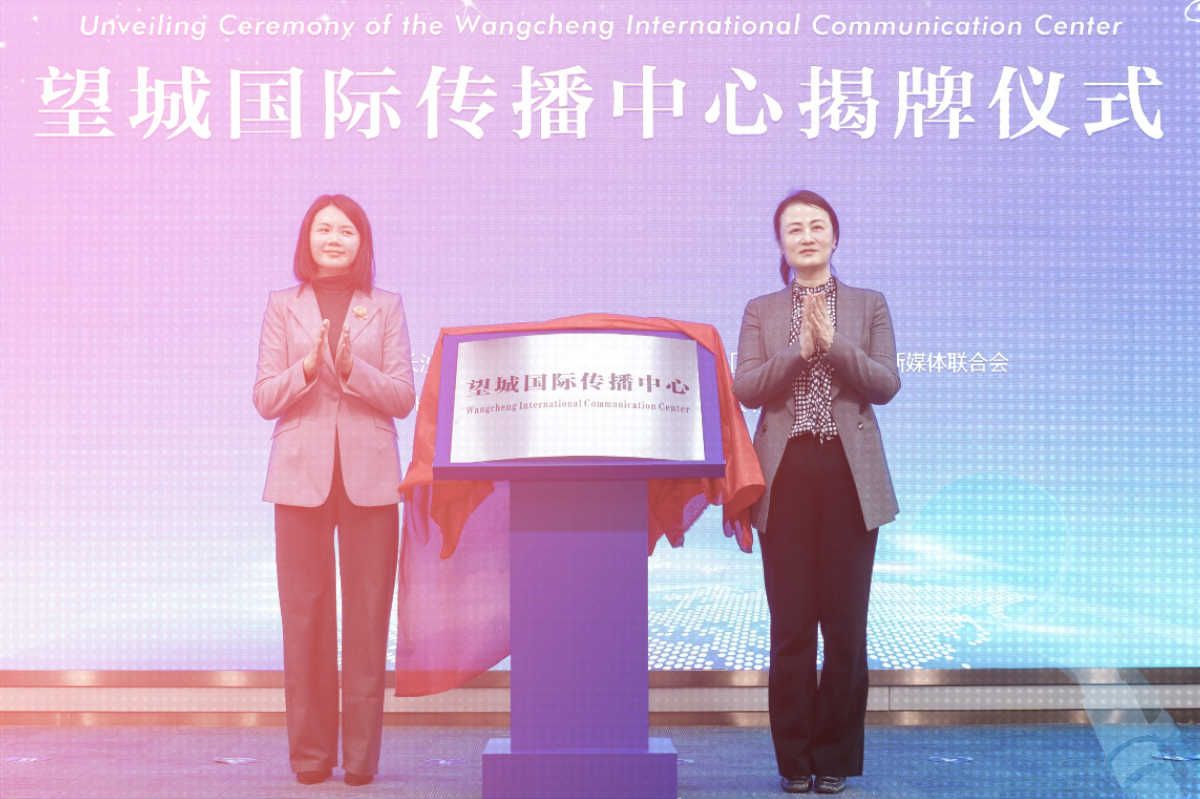Headlines and Hashtags
As an epidemic threatens China's children, the universal value of free speech becomes personal

By David Bandurski — This spring in China has been marked by vitriolic controversy, an outright verbal “war,” between China’s “patriots” and the so-called “traitors” (汉奸) who tout “universal values,” or pushi jiazhi (普世价值) to the imagined detriment of national interests. The recent demotion of well-known columnist and Nandu Weekly deputy editor Chang Ping (长平), who was widely denounced in China as a “talking head for the foreign enemy inside our country” after offering a more moderate view on unrest in Tibet and its aftermath, marked a new low and underscored the complex issues troubling greater freedom of expression in China. [Frontpage Image: Screenshot of coverage of screening of schoolchildren for hand, foot and mouth disease in Anqing, from Anqing News Online, May 10, 2008.]
But the backlash — commentator Leung Man-tao recently termed it “logical violence” (逻辑上的暴力) — led by China’s “angry youth” and others against what they have simplistically labeled “Western values” is ultimately bankrupt, an ugly and unfortunate symptom that will vanish when the fever subsides.
Why? Because while the values Chang Ping and others have espoused may seem unwelcome as China faces the specter of “separatism”, they offer the only feasible path for China’s achievement of broad social stability and public well-being (not to mention respect internationally). And, however grudgingly, many of China’s leaders have already recognized this fact.
This is one of the saddest ironies of the anti-CNN campaign and the recent wave of witch-hunt nationalism.
While many Chinese have vocally railed against the apparent failure of “Westerners” to acknowledge the dramatic progress China has made over the the last three decades — a point worth talking about — the atavistic display of blind red hysteria seems to support the perception that nothing has changed at all.

[The “red heart,” a decades-old talisman of ideological control in China, returns amidst the recent campaign against the “anti-China wave” (反华浪潮). One line reads: “You should fire Chang Ping!”]
Few question that China is in the midst of a period of broad transition. This is not just about economic restructuring and double-digit GDP growth, but about widespread social change.
A confluence of factors — a rising middle class, increased access to information (however imperfect), a growing awareness of legal rights, the growth of Internet and new techologies — have already transformed the fabric of Chinese society. And China’s changing society has changing expectations that cannot be satisfied by an appeal to empty notions of a “collective value system” (集体价值观).
When a Chinese family cannot find affordable housing or healthcare in the city, are you going to tell them it’s all for the “collective good”? When county leaders fleece local peasants, steal their farmland and dissipate the funds on kitsch rococo palaces, can you say with a straight face that it’s all for the “collective good”?
The idea that the “collective good” can be achieved only by protecting individual rights is gaining ground in China not because hostile “Western” governments have infiltrated China’s value system with Trojan horses like Southern Metropolis Daily, but because there is no practicable alternative.
Top party leaders outside the extreme left may disagree, for example, about how quickly China’s press can move toward a more independent role, but in principle they understand the value of freedom of speech. Which is why Gongjian: A Report on Political Reform in China After the 17th Party Congress, the book by top Central Party School scholars purported to have favor with Hu Jintao, says in chapter one (before detailing press controls) that “freedom of speech is an inevitable development trend.”
If we move away from divisive issues like Tibet, it’s not hard to see how values like freedom of speech directly impact the welfare of ordinary Chinese, even those who are still simmering over CNN anchor Jack Cafferty.
Take, for example, the following editorial from a concerned father that appeared in The Beijing News yesterday. The editorial addresses inadequacies in local media coverage of the hand, foot and mouth disease epidemic that has killed 34 children and infected an estimated 25,000 in recent weeks.
The author expresses concern about the implications for Chinese living in smaller and less developed cities when local leaders control their access to crucial information about public health threats. But there is a buried question here too about the threat local neglect and secrecy pose to public health on a national scale.
———-
In the Midst of the Epidemic, Where Was Fuyang’s Media?
By Liu Cai (刘采)
I’m the father of a five year-old, and after the media reported the discovery of hand, foot and mouth disease (EV71) in Fuyang, I was really concerned about this epidemic. I made a note of the place where the disease had originated and went to Fuyang News Online, the news site run jointly by major mainstream media there. What I discovered seemed totally unusual.
Through all of April the people of Fuyang were enshrouded with the terror of a mysterious disease. But in the “Fuyang News” column at Fuyang News Online I saw not a single report about transmission of the disease prior to April 28.
It was not until April 28 that Fuyang News Online ran two items of news concerning the epidemic. They were, “Our City Deploys Comprehensive Prevention and Control Work” and “Song Weiping (宋卫平) and Sun Yunfei (孙云飞) to Inspect Prevention and Control Work.”
On April 29 there was more news, but it was mostly things like “Song Weiping Emphasizes Need to Both Prevent and Control Disease and Promote Economic Growth“, and “Sun Yunfei Points to Victory in Prevention and Control Work“. Aside from these there were stories like “Fuyang Natural Park: Strollers Flock Out to Enjoy the Views” and “Enjoying the Spring Light: Stories From the Daily Lives of Fuyang Residents” and other bits of news to show that the people of Fuyang were living in comfort and peace. And there reports like “A Green Spring of Devotion” and “Everything for Our Children” that sang the praises of those on the front lines battling the epidemic.
But clearly this is not how things were. During this epidemic, not only did the Fuyang media not serve their role as “sentinels” (哨兵), failing to warn society, moreover they aided the local government in covering up their shortcomings, manufacturing achievements and creating a false picture of events. In the face of life and death, they turned their backs and showed callous disregard.
Fuyang is not an isolated example. Many local governments see their local media as toys to play with. Prefectural-level media (地市级媒体) are merely platforms to air government releases, having perhaps utterly lost all function as agents of watchdog journalism. This is a disaster for those who live in undeveloped cities and regions. My warning is that we must not allow our smaller cities to become blind spots of watchdog journalism!
(Liu Cai is a father currently living in Beijing)
[Posted by David Bandurski, May 11, 2008 4pm HK]





















